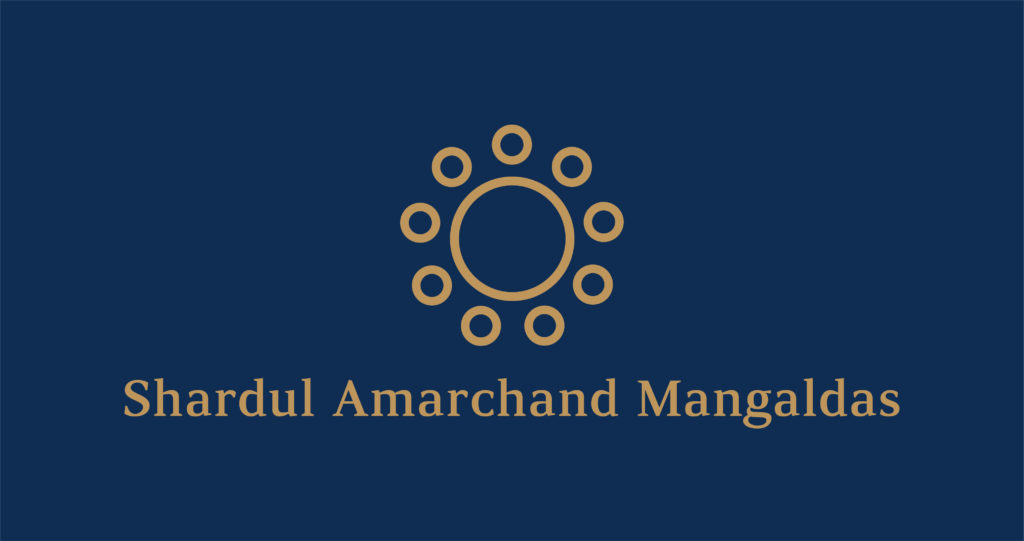Quick search
CTRL+K
Quick search
CTRL+K


Since 2010, the Global Law Experts annual awards have been celebrating excellence, innovation and performance across the legal communities from around the world.
posted 2 years ago
The Insolvency and Bankruptcy Code, 2016 (Code) is landmark legislation enacted on 28 May 2016 and has proved to be dynamic socio-economic legislation that is constantly evolving.
After more than five years since Code’s enactment, the Parliamentary Standing Committee on Finance has recently presented its 32nd Report titled ‘Implementation of IBC- Pitfalls and Solutions’ in Lok Sabha on 03 August 2021.
The Report takes cognizance of particular challenges faced in the implementation of the Code and gives a host of recommendations to strengthen four pillars of the Code, i.e., Insolvency Professionals (IPs), Information Utilities; Adjudicating Authority (NCLT), and Insolvency and Bankruptcy Board of India (IBBI).
These recommendations include setting up an Institute of Resolution Professionals to self-regulate IPs, a professional code of conduct for Committee of Creditors (CoC), setting up dedicated NCLT benches for insolvency matters and specialized courts for MSMEs, digitalization of insolvency resolution ecosystem and judicial records, the introduction of a pre-pack insolvency regime for corporates to aid the existing route of insolvency resolution, expediting opening of cross-border insolvency framework, and information symmetry for applicant homebuyers.
The Report is a step in the right direction to strengthen Code at its weak spots, albeit being brief and seemingly focused on only corporate debtors.
While the Report rightly takes note of judicial delays in admission and resolution of insolvency processes, considering massive pendency of cases, large vacancies in NCLTs, and ongoing litigations eroding value for stakeholders; however, the delay can partly be attributed to the onset of the COVID-19 pandemic, because of which the functioning of CLTs across the nation was disrupted and lockdown period was sought to be excluded from timelines for completion of insolvency processes.
Further, with time and an attempt to curtail litigations, Hon’ble Supreme Court has clarified the law on the role of IPs and CoC in conducting the insolvency process possibility of action by way of its several landmark judgements by resolution applicants, and the judicial scrutiny of CLTs.
However, another factor that is leading to delays in resolution and is needed to be addressed is the recent tendency of NCLTs and appellate tribunal (NCLAT) to stay the insolvency processes – such a stay should be granted only where the matter goes to the root of an insolvency process, for otherwise, it leads to significant delays and value erosion for all stakeholders.
Further, if such a stay is granted against initiation of the insolvency process and the moratorium is lifted, the implications for stakeholders during this period of stay, including treatment of costs (if any) incurred during this period, become riddled with uncertainty.
It is now settled that the Code is not a recovery tool, instead aimed at time-bound resolution of the corporate debtor. In this vein, the Report, on the one hand, emphasizes the sanctity of the process to ensure that timely resolution is achieved, by, for instance, recommending rejection of late and unsolicited resolution plans.
However, on the other hand, considering the large haircuts suffered by financial creditors over the years, the Report recommends a benchmark for the quantum of haircuts, comparable to global standards. However, it is unclear how such a benchmark could operate – it cannot be ‘one size fits all’ – and whether, where such measure is not being achieved, the debtor will be pushed to liquidation despite receiving an otherwise feasible and viable resolution plan.
One of the other recommendations in the Report, which also needs to be closely looked at, is the deletion of regulations providing for liquidation of the corporate debtor on a going concern basis as the Code merely provides for dissolution in liquidation.
The committee has rightly observed that the Code does not have any provision for liquidation as a going concern. Unlike insolvency resolution, where once a resolution plan is approved, it binds all stakeholders, there is no such provision in case of a project proposed to acquire debtor as a going concern during liquidation.
The committee’s recommendation of a thorough evaluation of the design and implementation of Code and whether Code including its amendments have fulfilled their intended objectives is a useful one.
However, this evaluation needs to be with a broader mindset that is not merely focused on recovery, instead is receptive to the interests of different stakeholders in a collective Code process. Further, while a process can be undertaken to strengthen other Code, the gains made in the last five years in insolvency resolution regime, and in particular, the finality to some of the critical aspects which Hon’ble Supreme Court has given through its various landmark judgements, should not be lost in this exercise.
This article was originally published in ET Government on 27 August 2021 Co-written by: Anoop Rawat, Partner; Vishrut Kansal, Senior Associate. Click here for original article
Contributed by: Anoop Rawat, Partner; Vishrut Kansal, Senior Associate
Disclaimer
This is intended for general information purposes only. The views and opinions expressed in this article are those of the author/authors and does not necessarily reflect the views of the firm.
posted 8 hours ago
posted 1 day ago
posted 1 day ago
posted 1 day ago
posted 1 day ago
posted 2 days ago
posted 2 days ago
posted 3 days ago
posted 3 days ago
There are no results matching your search.
ResetFind the right Legal Expert for your business
Sign up for the latest legal briefings and news within Global Law Experts’ community, as well as a whole host of features, editorial and conference updates direct to your email inbox.
Naturally you can unsubscribe at any time.
Global Law Experts is dedicated to providing exceptional legal services to clients around the world. With a vast network of highly skilled and experienced lawyers, we are committed to delivering innovative and tailored solutions to meet the diverse needs of our clients in various jurisdictions.